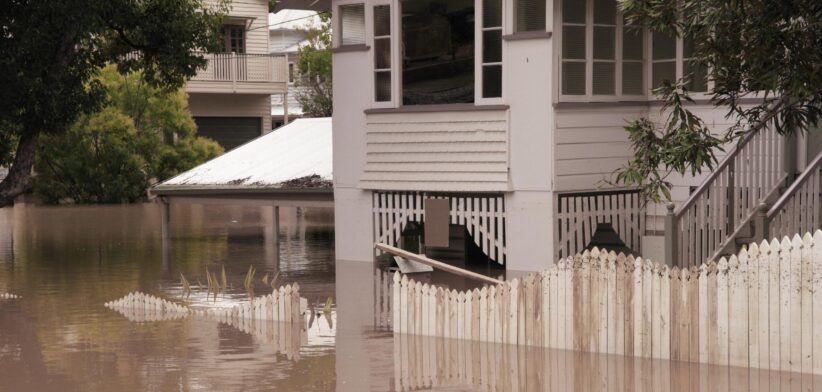Queensland insurance policy holders would see premiums drop by eight percent if State Government stamp duty was abolished.
The Insurance Council of Australia (ICA) has suggested that move in a raft policy suggestions in the lead-up to the October 26 Queensland State Election.
ICA Chief Operating Officer Kylie Macfarlane said Queenslanders who took out insurance to protect themselves and their property were double taxed by the GST and stamp duty.
Ms Macfarlane said in the current financial year, Queenslanders were forecast to pay $1.7 billion in stamp duty on their insurance policies, up from just over $1 billion in 2019-20.
“In the past five years alone, the Queensland Government has collected $6.4 billion in stamp duty from insurance customers,” she said.
Ms Macfarlane said abolishing stamp duty on insurance would provide immediate cost of living relief for Queenslanders and encourage greater take-up of insurance at a time when it was needed most.
“Queensland is Australia’s most extreme weather-exposed state, with insurers receiving around $4.5 billion in claims from insurance catastrophes in Queensland just in the last three years.”
She said to safeguard Queensland against worsening extreme weather, the next State Government should also significantly increase its investment in mitigation funding.
“Recent analysis undertaken for the ICA shows that a five-year, $730 million investment in mitigation projects across Queensland would deliver $6.3 billion in savings – a return on investment of 8.6.”
Ms Macfarlane said other policy recommendations included:
- Review land use planning arrangements to prevent the development of new homes in high-risk areas.
- Design and construct stronger homes by including the principle of resilience in building standards.
- Standardise safe and timely coordinated clean-up of waste and debris following a natural disaster.
- Improve data standards and flood mapping to better prepare for and respond to disasters.
- Establish Queensland as a world leader in extreme weather research and innovation.
- Align with all other states and territories by allowing interstate tradies to work in Queensland, creating a more responsive workforce following extreme weather events.








